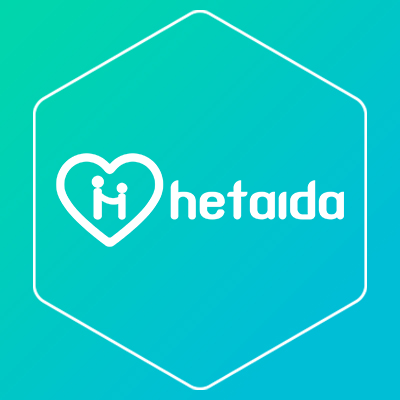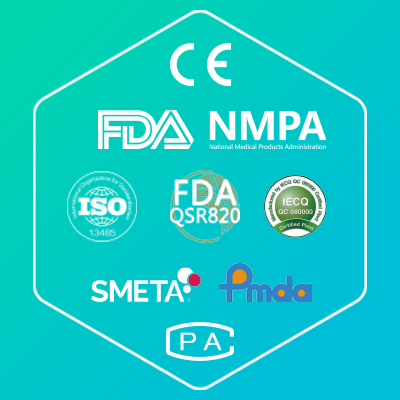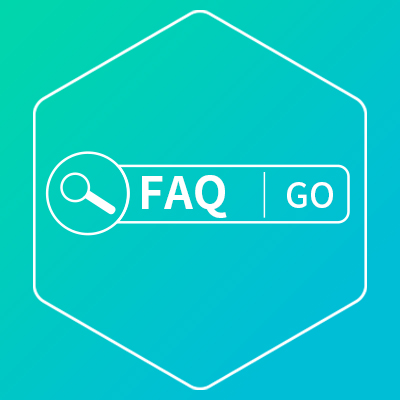Strategies to Reverse Hypertension
Hypertension, often called the "silent killer", affects a large number of people worldwide, especially the elderly. The good news is that through scientific lifestyle adjustments, it can be effectively reversed. At the same time, choosing a suitable blood pressure monitor for the elderly is crucial for timely monitoring of blood pressure changes.
Life Strategies to Reverse Hypertension That Cannot Be Ignored
Adjust Diet Structure
A reasonable diet plays a fundamental role in reversing hypertension. The DASH (Dietary Approaches to Stop Hypertension) diet is widely recognized as an effective dietary pattern. It emphasizes increasing the intake of fruits, vegetables, whole grains, and low - fat dairy products, which are rich in potassium, magnesium, and dietary fiber. Potassium can help the body excrete sodium and reduce blood pressure. It is advisable to consume 4 - 5 servings of fruits and 4 - 5 servings of vegetables every day, such as bananas, spinach, and sweet potatoes.
On the contrary, it is necessary to strictly control the intake of sodium. The World Health Organization recommends that the daily sodium intake should not exceed 5 grams (equivalent to about 1 teaspoon of salt). We should avoid high - salt foods such as pickles, canned foods, and processed meats. When cooking, we can use herbs, spices, or lemon juice instead of salt to add flavor.
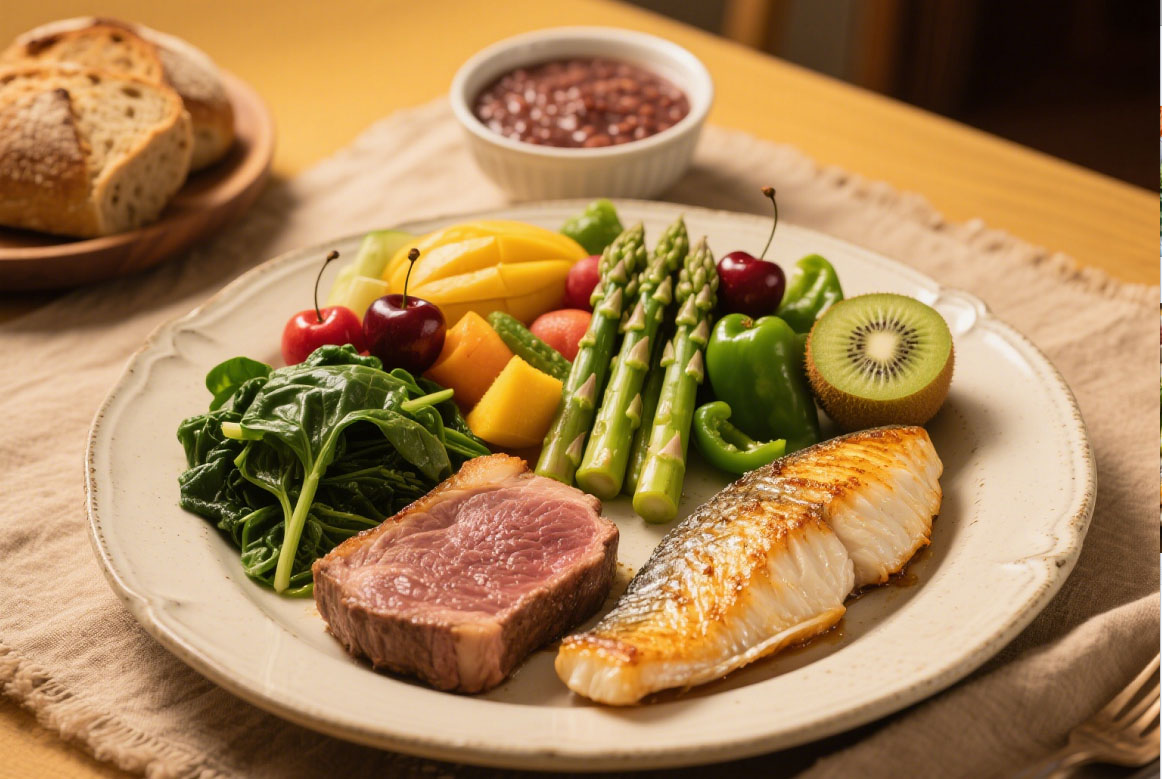
In addition, reducing the intake of saturated fat and trans fat is also important. We should choose lean meats, fish (such as salmon and mackerel, which are rich in omega - 3 fatty acids and help lower blood pressure), and nuts. At the same time, limit the consumption of sugary drinks and desserts to prevent weight gain, which is closely related to hypertension.
Insist on Appropriate Exercise
Regular physical activity is an important means to lower blood pressure. For most people with hypertension, moderate - intensity aerobic exercise is the first choice, such as brisk walking, cycling, swimming, and dancing. It is recommended to do at least 150 minutes of moderate - intensity aerobic exercise every week, which can be divided into 30 minutes a day, 5 days a week.

In addition to aerobic exercise, strength training can also be appropriately added, such as lifting dumbbells and doing push - ups. Strength training can enhance muscle strength, improve metabolism, and help control blood pressure. It is advisable to do 2 - 3 times a week, with each exercise lasting 20 - 30 minutes.
It should be noted that when starting to exercise, the intensity should be low and gradually increased. If there are symptoms such as chest tightness and dizziness during exercise, stop immediately and consult a doctor.
Manage Stress and Ensure Sleep
Long - term mental stress is an important factor leading to hypertension. Therefore, learning to manage stress is essential for reversing hypertension. You can try some relaxation methods, such as meditation, deep breathing, and yoga. Meditation can calm the mind, reduce anxiety, and lower blood pressure. Spending 10 - 15 minutes a day meditating can achieve good results.
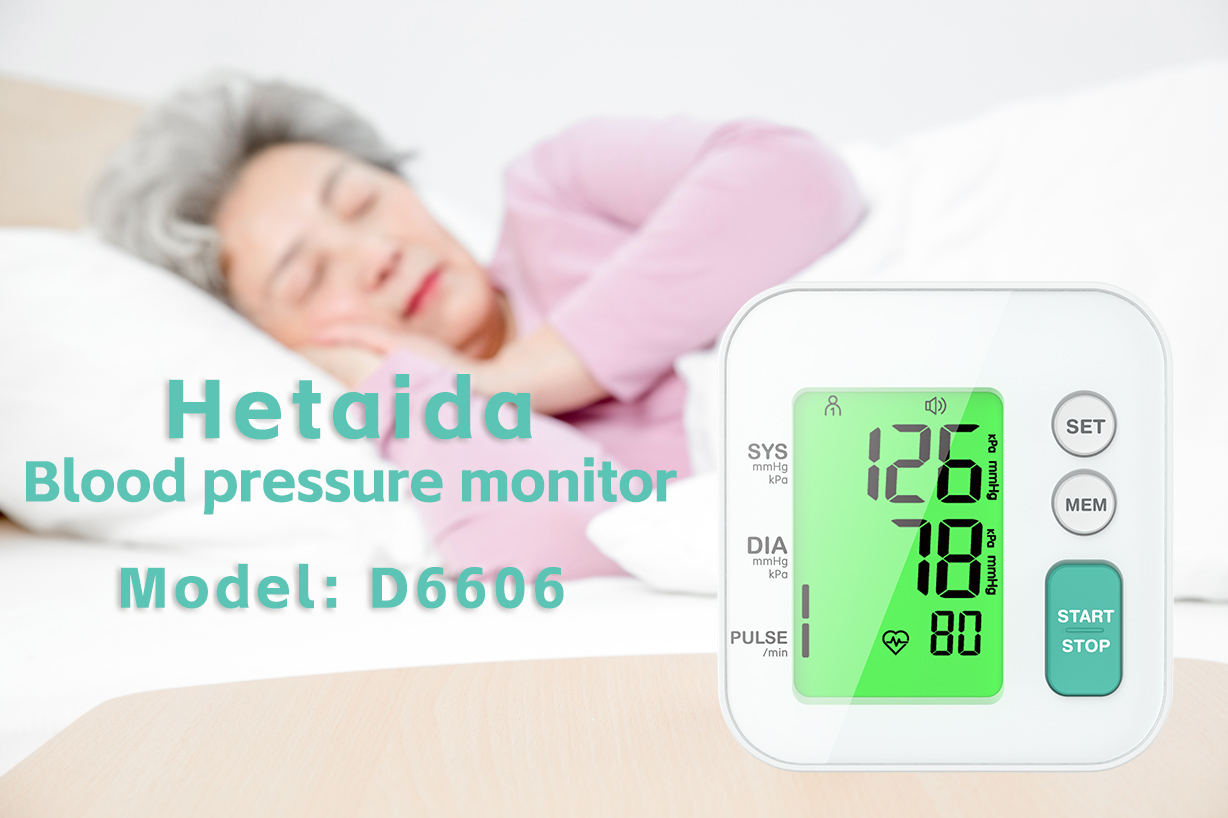
Adequate sleep is also crucial for blood pressure regulation. Lack of sleep can cause an increase in sympathetic nerve excitability, leading to an increase in blood pressure. The elderly should ensure 7 - 8 hours of sleep every day. To improve sleep quality, you can maintain a regular schedule, go to bed and get up at a fixed time; create a good sleep environment, keep the bedroom quiet, dark, and at a suitable temperature; avoid drinking coffee, tea, and alcohol before going to bed; and avoid using electronic devices such as mobile phones and computers before going to bed, as the blue light emitted by them will affect the secretion of melatonin, which is beneficial to sleep.
Quit Bad Habits
Smoking and excessive drinking are important risk factors for hypertension. Nicotine in cigarettes can cause blood vessels to contract, increase blood pressure, and damage blood vessel walls. Quitting smoking can significantly reduce the risk of hypertension and cardiovascular diseases. For people who smoke for a long time, they can seek help from doctors and use methods such as nicotine replacement therapy to quit smoking.
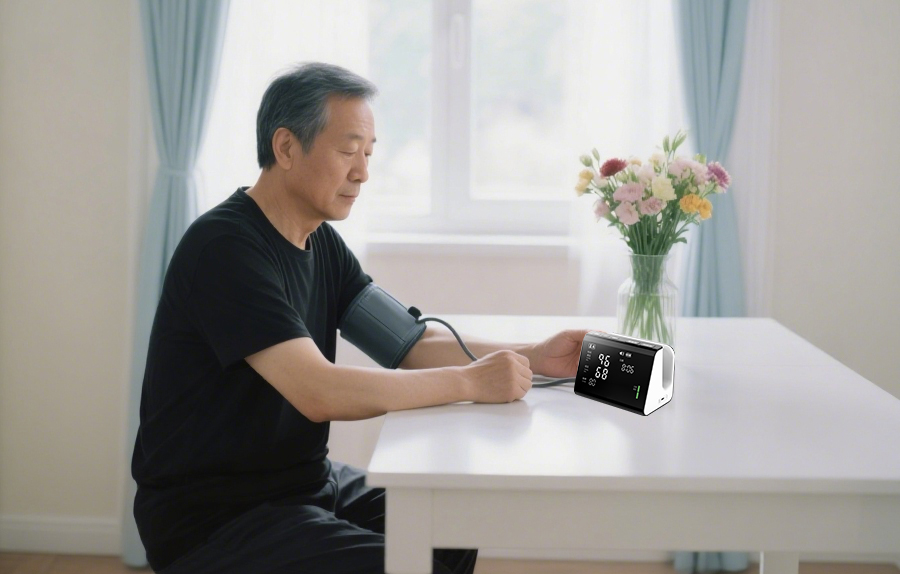
Excessive drinking can also lead to an increase in blood pressure. The American Heart Association recommends that men should not drink more than 2 standard drinks a day, and women should not drink more than 1 standard drink a day (a standard drink is equivalent to 14 grams of pure alcohol). For people with hypertension, it is best to quit drinking completely.


